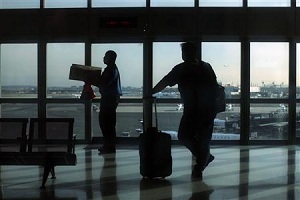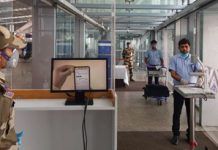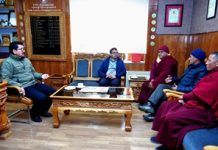More than two years after the National Investigation Agency (NIA) urged the government to legalise undercover operations for its sleuths, Home Minister Rajnath Singh said the Centre is working on the proposal. Addressing a conference on investigating agencies, Singh said, “We are considering legal protection for undercover operations, use of intelligence collected as evidence, and an entire gamut of issues relevant to combating terrorism.”
The NIA has been asking the government to make changes in the Unlawful Activities (Prevention) Act (UAPA) and the NIA Act that governs the working of the federal anti-terror agency in order to improve the country’s anti-terror legal framework.
The NIA wants legal protection to carry out an undercover operation by infiltrating a terrorist organisation; at the moment, the law does not differentiate between an undercover operator becoming part of a criminal conspiracy to unravel it and a real conspirator.
“Both can be charged with the same offence,” said an NIA official on the condition of anonymity. In USA and UK, undercover operators who penetrate terrorist or criminal gangs to gather evidence are provided legal protection.








